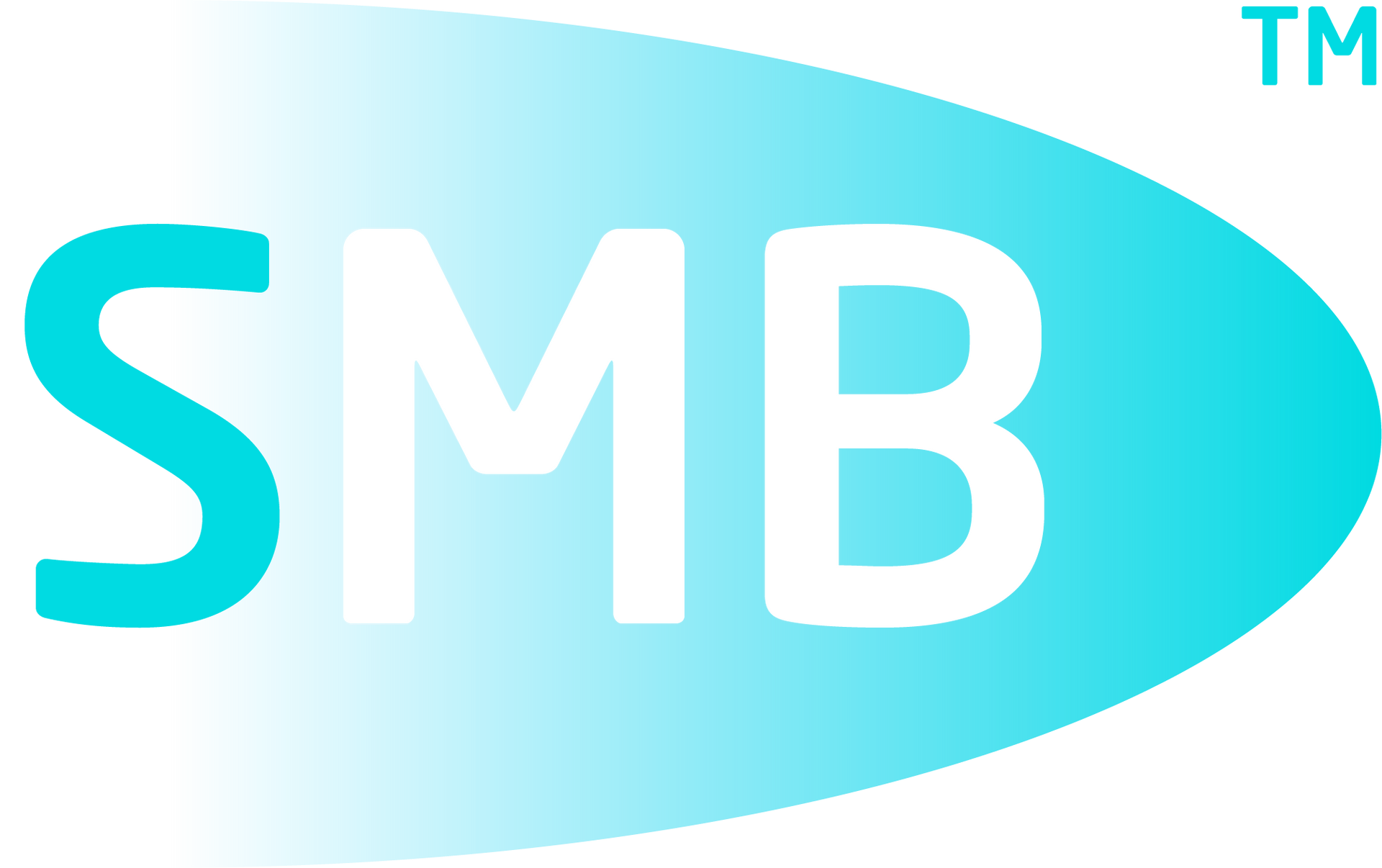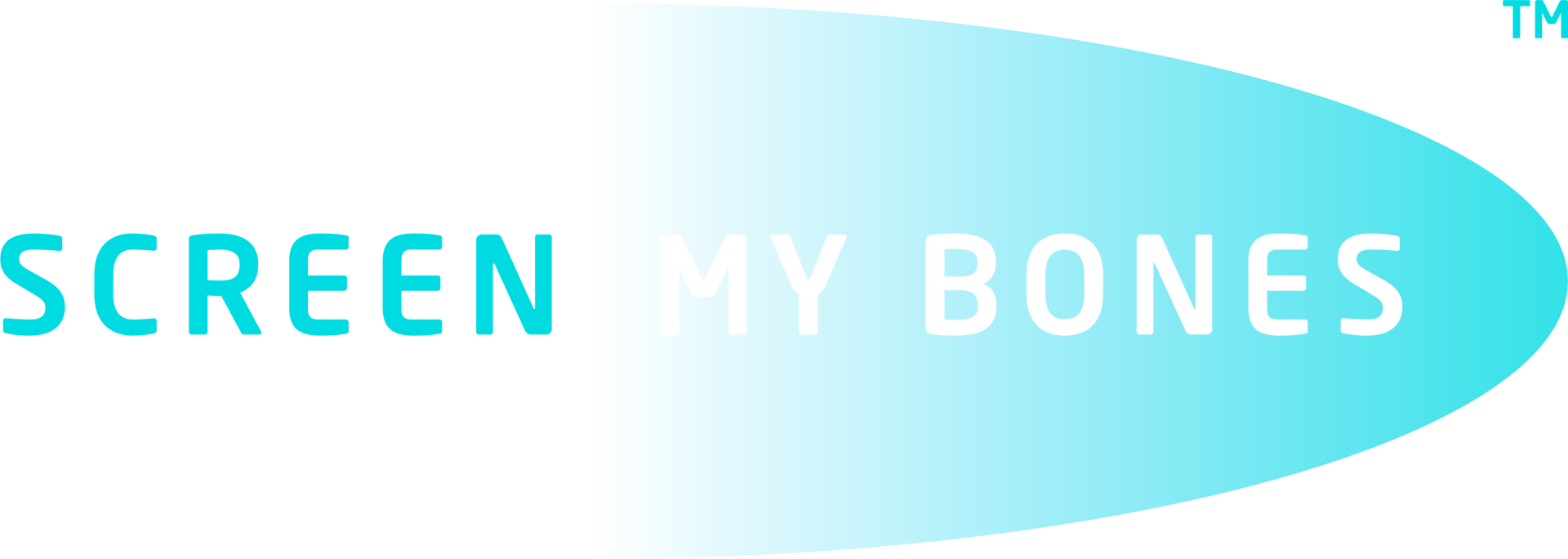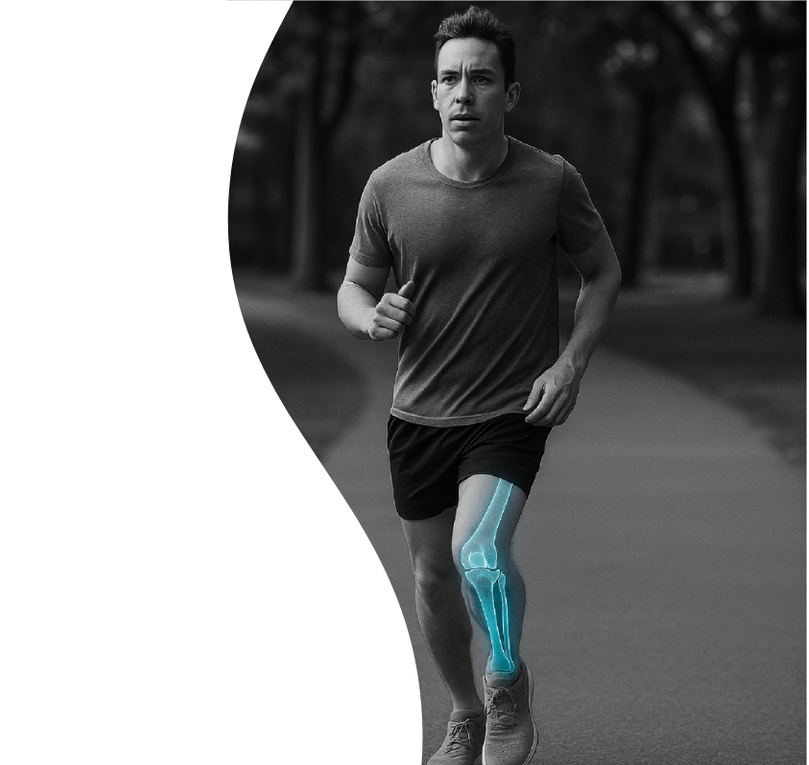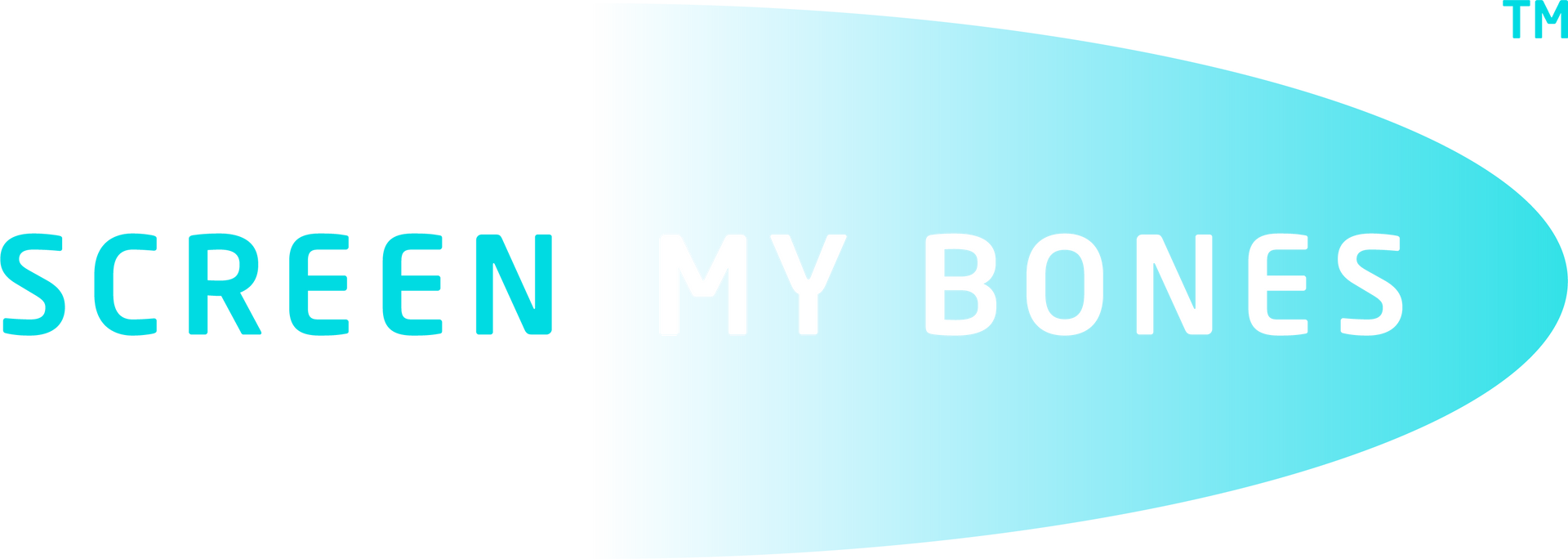Who is at Risk?
At Screen My Bones, we believe in prioritising bone health. Those at risk for osteoporosis, including menopausal women, older adults, and those with certain medical conditions, should consider a scan.
Risk Factors for Osteoporosis
Understanding these risk factors can help individuals and healthcare providers identify those at higher risk for osteoporosis and implement preventive measures early.
The Benefits of Early Bone Scanning
Who should consider getting a bone scan?
Getting a bone scan early, particularly if you are concerned about your bone density, can be a proactive and beneficial step. Here are some reasons why it might be a good idea:
1. Early Detection of Osteopenia and Osteoporosis:
- Prevention and Treatment: Early detection allows for timely intervention, which can help prevent osteoporosis and related fractures.
- Baseline Measurement: Establishing a baseline bone density measurement helps track changes over time and assess the effectiveness of any treatments or lifestyle changes.
2. Identification of Risk Factors:
- Personal Risk Assessment: A bone scan can help identify personal risk factors for osteoporosis, such as low bone density, even if you don't currently have symptoms or a family history of the condition.
3. Tailored Health Strategies:
- Personalised Care Plan: Knowing your bone density can help you or your healthcare providers create a personalised plan to improve or maintain bone health, including diet, exercise, and whether medications are right for you (clearly understanding risk over benefit)
- Lifestyle Adjustments: If you have low bone density, you can make specific lifestyle changes to enhance bone strength and reduce fracture risk.
When to Consider an Early Bone Density Scan?
Family History of Osteoporosis
If osteoporosis runs in your family, you may be at higher risk, making early screening advisable.
Menopausal Women
Women who have gone through menopause, especially early menopause, are at increased risk for osteoporosis.
Certain Medical Conditions
Conditions like rheumatoid arthritis, chronic kidney disease, and gastrointestinal disorders (e.g., celiac disease) can affect bone health.
Long-term Use of Certain Medications
Medications such as corticosteroids, anticonvulsants, and some cancer treatments can negatively impact bone density.
Lifestyle Factors
Smoking, excessive alcohol consumption, sedentary lifestyle, and poor nutrition (especially low calcium and vitamin D intake) can increase the risk of low bone density.
Book a Bone Scan
Getting a bone density scan early can be beneficial, especially if you have risk factors or concerns about your bone health. It allows for early detection and intervention, which can significantly impact your long-term bone health and reduce the risk of osteoporosis and fractures. Always discuss your concerns and options with your healthcare provider to make the best decision for your health.



